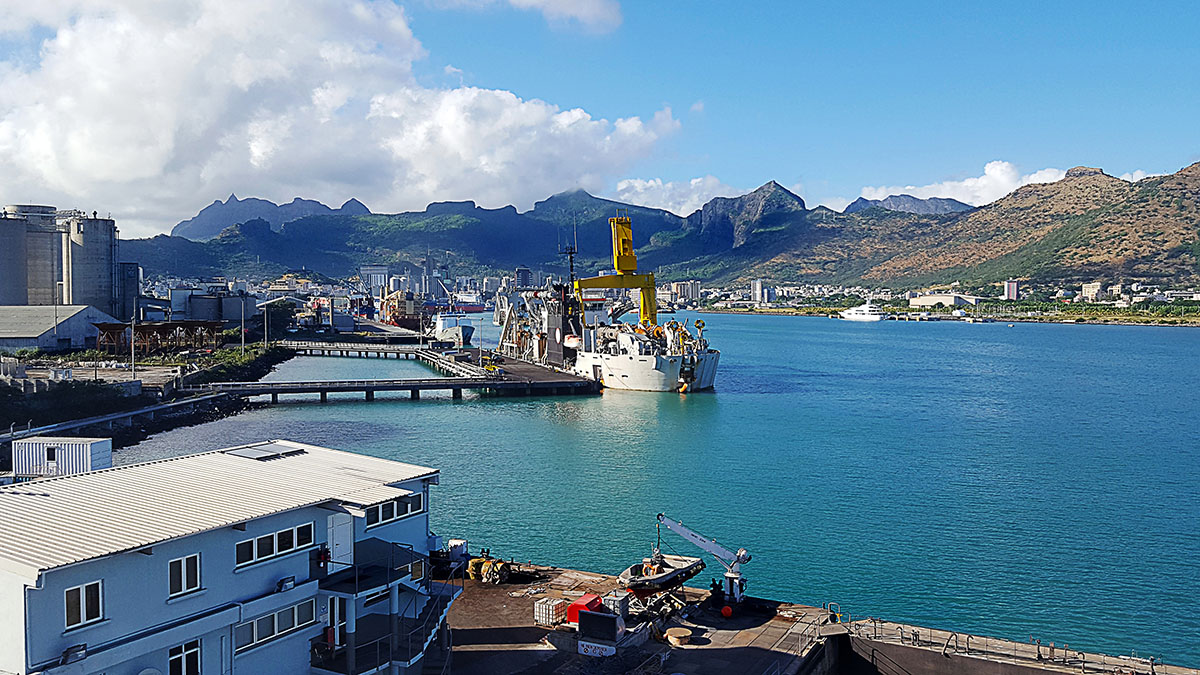The island nation seeks to overcome the challenges on its development path to sustain the spectacular economic growth it has achieved in recent years.

Port Louis, Mauritius. / © Marco
UNCTAD has helped Mauritius craft a five-year plan to drive the island nation’s development trajectory in the challenging global environment shaped by the COVID-19 emergency.
The Industrial Policy and Strategic Plan for Mauritius was launched on 4 December at an event hosted by the country’s ministry of industrial development, small and medium enterprises, and cooperatives.
The plan underscores the need for Mauritius to update its policy toolset for the continued growth and development of its industrial capacity and capabilities.
“We’re at the dawn of a new era,” said Soomilduth Bholah, the Mauritian minister of industrial development.
He said the country’s future development would hinge on the use of intelligent and lean production systems embedding digitalization, eco-friendly and fair trade practices, product quality, branding, research and development and innovation, supplemented by a versatile and high-skilled labour force.
Country at a crossroads
“Mauritius finds itself at a crossroads,” said Richard Kozul-Wright, UNCTAD's director of globalization and development strategies.
He noted that Mauritius represents one of the most successful experiences on the African continent, with spectacular economic growth averaging 5% over the last four decades.
Mauritius has managed to diversify away from sugarcane production and transformed itself from a predominantly low-income mono-crop economy to an upper middle-income economy with growing manufacturing, agro-industry, financial, ICT and tourism sectors.
“However, Mauritius is now facing important new challenges that arise from this initial success,” Mr. Kozul-Wright said.
The country’s drive to achieve a high-income status is compromised by low productivity, a constrained labour market that is not sufficiently skilled and a manufacturing sector that has been non-dynamic for at least a decade.
Mr. Kozul-Wright said virtually all of today’s industrial economies have completed their journey from widespread rural poverty to post-industrial wealth by employing industrial policies.
These policies are designed to shift the production structure towards new types of activities and sectors with progressively higher productivity, better-paid jobs and a greater upgrading potential.
Pandemic exposes fragility
The COVID-19 pandemic has dramatically exposed the fragility of many developing economies.
Experts have said reshoring, which might further widen the distribution of incomes across countries, is likely to be accelerated, as it allows for more flexible adjustment to changing demand, mitigating firms’ risks in the event of a pandemic or another shock.
Furthermore, supply chain and travel disruptions caused by the pandemic might undermine economic integration and encourage more self-sufficient production systems.
This might happen in strategic sectors such as medical equipment and drugs, or the production of inputs for assembling sophisticated machines, the final production of which still occurs in high-wage countries.
In such a difficult global scenario, Mauritius finds itself at a critical historical juncture, the plan notes. The economic challenges it faces risk locking it in the “middle income trap”.
These challenges are strongly interconnected as the dynamicity of the manufacturing sector ultimately relies on productivity growth and, at middle- and high-income levels, it’s difficult to achieve productivity growth without a skilled labour force.
In turn, productivity growth and skills upgrade can’t be sustained without the pull of a dynamic business community and buoyant private investment.
Critical need to expand manufacturing
According to the plan, expanding the manufacturing sector in Mauritius is key to resolving three interlinked economic challenges: technology absorption, quality employment creation and the raising of productivity.
The plan contains a wide range of policy recommendations in six areas: industry foundations, upgrading of value chains, increased domestic market supply, regional and global export growth and advanced technology absorption.
Minister Bholah said the recommended policies would be implemented in the coming years to ensure a paradigm shift towards elevated economic growth rates.
“Now that the tools are there and the foundations for the next five years have been laid down, implementation is the next challenge ahead,” Mr. Kozul-Wright said.


